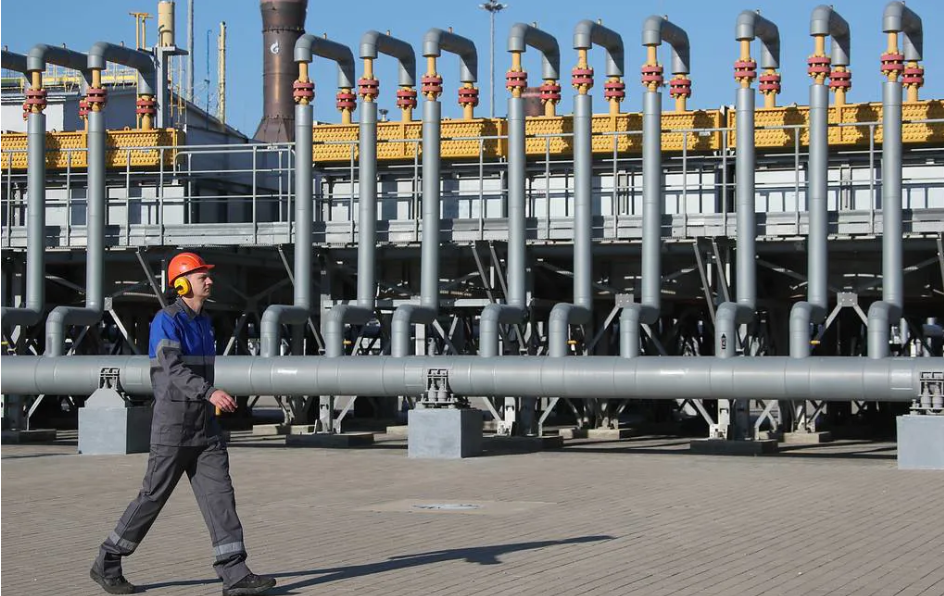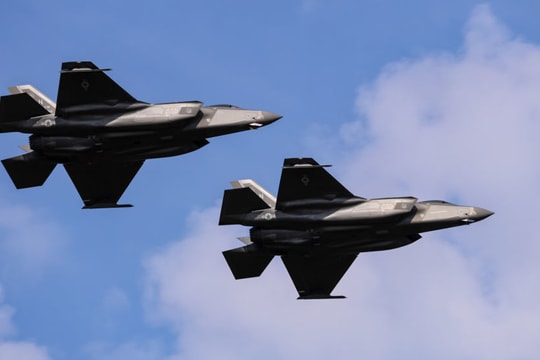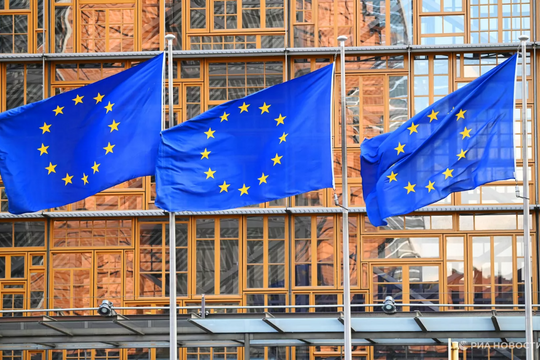EU lifts ban on imports of liquefied natural gas from Russia
The EU lifted its ban on Russian LNG imports due to uncertainty over alternatives, and a desire to expand supplies from the US.

According to RIA Novosti on April 17, Reuters quoted European officials as saying that the EU has abandoned the idea of banning imports of Russian liquefied natural gas (LNG), due to opposition from some governments and uncertainty regarding alternative sources.
“European officials have abandoned the idea of including a ban on imports of Russian liquefied natural gas into the bloc in the upcoming sanctions package, due to opposition from some governments and uncertainty about alternative sources,” the source said.
Instead, the European Commission (EC) said it intends to develop a new roadmap in May to end its dependence on Russian energy by 2027. At the same time, the EC is preparing a 17th package of sanctions against Russia by June 2025, but progress is slow, according to the agency.
The source also said that European officials wanted to use the US's desire to expand gas exports to the EU to negotiate a reduction in US tariffs, although Washington's demands were not yet clear.
Additionally, one of the sources told Reuters, the European Commission is concerned that losing Russian LNG supplies due to the restrictions will reduce its negotiating power.
In addition, the bloc is also concerned about the risk of dependence on the US - the third largest supplier of green fuel to the bloc. Although LNG supplies from the US have partly filled the gap caused by the decline in Russian gas, Europe's energy security remains fragile.
President Donald Trump's return to the White House with a tough stance on trade and moves to cause cracks in transatlantic relations has European leaders worried that dependence on the US could become a new "weakness".
Faced with cost pressures and the risk of supply chain disruption, many leaders of major energy companies in the EU have begun to discuss the possibility of re-importing Russian gas, something they considered "unimaginable" just a year ago.







